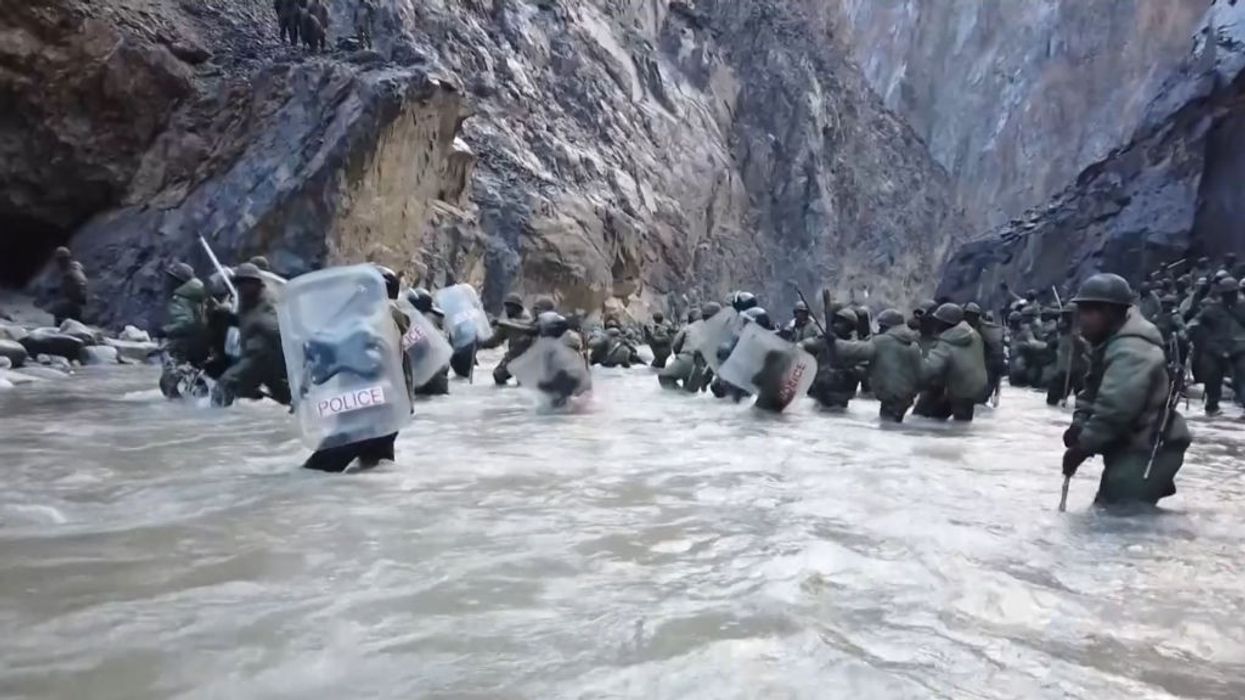Indian foreign minister S Jaishankar expressed concerns on Saturday (18) that the situation in the western Himalayan region of Ladakh between India and China is fragile and dangerous, with military forces situated in close proximity in certain areas.
In mid-2020, there were clashes in the region that led to the death of 24 soldiers; however, through diplomatic and military discussions, the situation has since been pacified.
In December, there was a violent incident in the undemarcated border in the eastern sector between the two nuclear-armed Asian countries, but fortunately, there were no casualties.
"The situation to my mind still remains very fragile because there are places where our deployments are very close up and in military assessment therefore quite dangerous," Jaishankar said at an India Today conclave.
India-China relations cannot go back to normal, he said, until the border row is resolved in line with the September 2020 in-principle agreement he reached with his Chinese counterpart.
"The Chinese have to deliver on what was agreed to, and they have struggled with that."
Although forces from both sides have disengaged from many areas, discussions are proceeding over unresolved points, Jaishankar said.
"We have made it very clear to the Chinese that we cannot have a breach of peace and tranquility, you can't violate agreement and want the rest of the relationship to continue as though nothing happened. That’s just not tenable."
Jaishankar said he discussed the situation with China's new foreign minister, Qin Gang, on the sidelines of a meeting of the foreign ministers of the G20 nations hosted by India this month.
Regarding India's presidency of G20 this year, Jaishankar expressed hope that New Delhi can make the forum "more true to its global mandate".
"The G20 should not be a debating club or an arena only of the global north. The entirety of global concerns need to be captured. We have already made that point very forcefully," Jaishankar said.
Two G20 ministerial meetings in India in the last three weeks have been overshadowed by Russia's 13-month invasion of Ukraine.
(Reuters)





